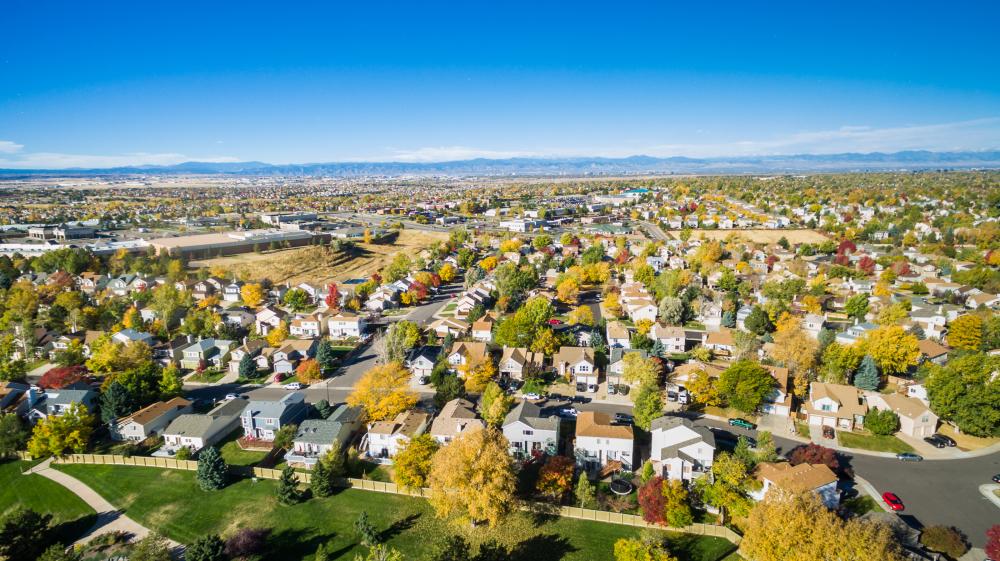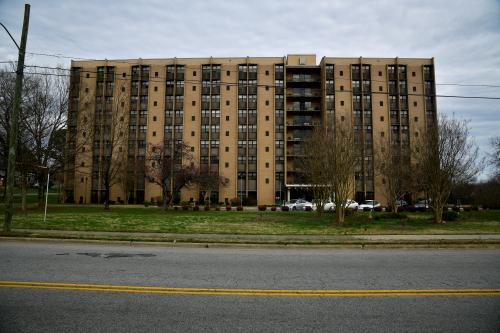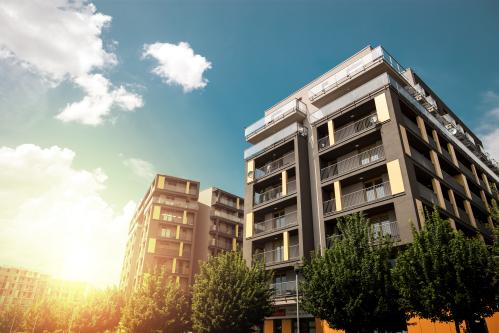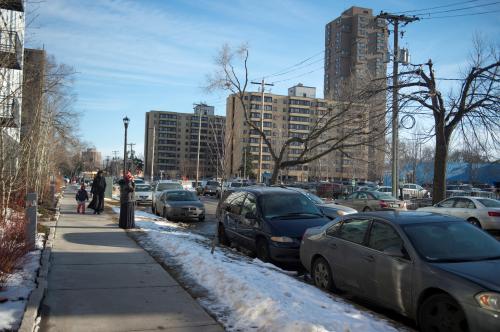
Society & Culture
Exclusive communities deepen inequality in every metro area
Over the past decade, housing costs in the U.S. have risen faster than average incomes. Middle-income families are increasingly facing affordability challenges, especially in urban areas with strong labor markets.



